The Australian Prime Minister warned that freezing dialogue could increase mutual suspicion between the US and China, risking escalating into an "irretrievable" problem.
"A diplomatic freeze only sows suspicion, causes countries to misunderstand each other and make the worst judgments about each other," Australian Prime Minister Anthony Albanese said at the Shangri-La Dialogue 2023 security forum in Singapore on June 2. "Without dialogue, which acts as a pressure valve for the relationship, there is a risk that judgments will escalate into regrettable actions or reactions that cannot be reversed."
Mr. Albanese expressed support for US President Joe Biden's efforts to resume high-level exchanges with China, in the context of the two countries' relations at a multi-decade low due to a series of issues, including the Taiwan Strait.
"The consequences of a breakdown in dialogue, whether in the Taiwan Strait or elsewhere, would be devastating not only to the places where the conflict occurs and the powers involved but to the entire world ," said Prime Minister Albanese.
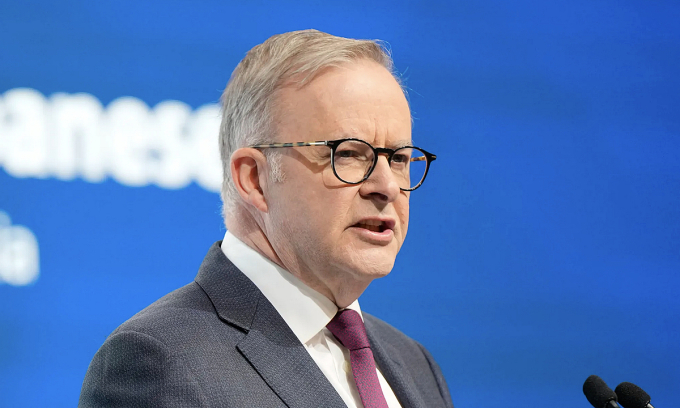
Australian Prime Minister Anthony Albanese speaks at the opening ceremony of the Shangri-La Dialogue 2023 security forum in Singapore on June 2. Photo: AP
Mr Albanese said Australia was in the process of improving relations with China under the policy of "cooperating where cooperation is possible".
"Dialogue between the two countries was interrupted, but has now resumed," the Australian Prime Minister said, affirming that the country wants to build stable relations with China after three years of diplomatic freeze.
Australia, on the other hand, continues to strengthen its close alliance with the United States, especially in terms of security. Australia has established the AUKUS alliance with the United Kingdom and the United States, including an agreement related to nuclear submarines.
Under the agreement, Australia will buy up to five Virginia-class nuclear-powered submarines built by the United States, which will not carry nuclear weapons. Australia plans to spend nearly $250 billion on the program.
“The goal of Australia’s defence investment is not to prepare for war, but to prevent it through strategic deterrence and strengthening the region’s collective strength,” Mr Albanese said.
US-China tensions worsened sharply after US House Speaker Nancy Pelosi visited Taiwan in August 2022. The two countries had recorded optimistic signals when Chinese President Xi Jinping met US President Joe Biden in Indonesia in November 2022, on the sidelines of the G20 Summit. However, the US shooting down a Chinese balloon in February, which it considered a military reconnaissance device, caused high-level dialogue between the two countries to freeze.
The US Department of Defense accused a Chinese J-16 fighter jet of "dangerously approaching" a US RC-135 reconnaissance aircraft while it was operating in international airspace over the South China Sea on May 26, calling it an "unnecessarily provocative" act. Meanwhile, Beijing criticized Washington for being the "provocative" party in the region.
The Pentagon announced in late May that Beijing had declined an invitation to meet the two countries' defense ministers in Singapore on the sidelines of the 2023 Shangri-La Dialogue. On May 31, the Chinese Foreign Ministry said that Li Shangfu could not accept the invitation to meet with his US counterpart Lloyd Austin because Washington had not addressed Beijing's concerns.
On June 2, Mr. Austin and Mr. Lee greeted and shook hands on the sidelines of the forum, but the exchange was very brief. A senior US defense official assessed the interaction between the two ministers as a positive signal. "However, a handshake at a party cannot replace a real meeting and a substantive exchange," this person said.
Thanh Danh (According to Reuters, Sydney Morning Herald )
Source link


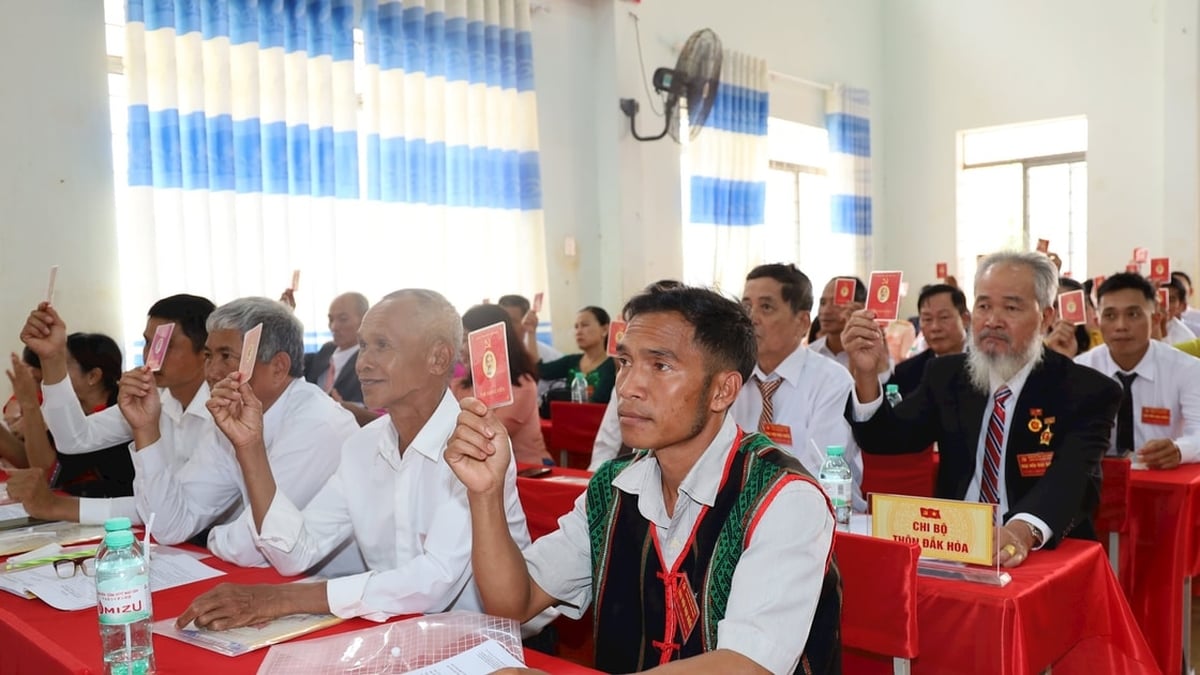
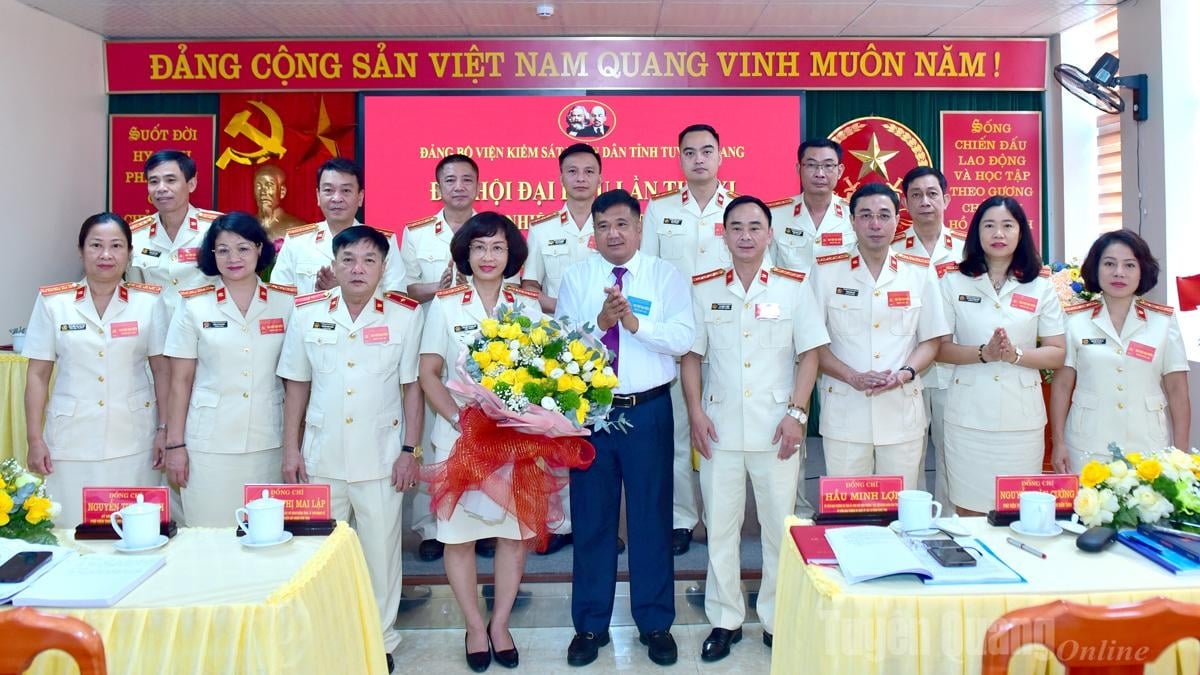
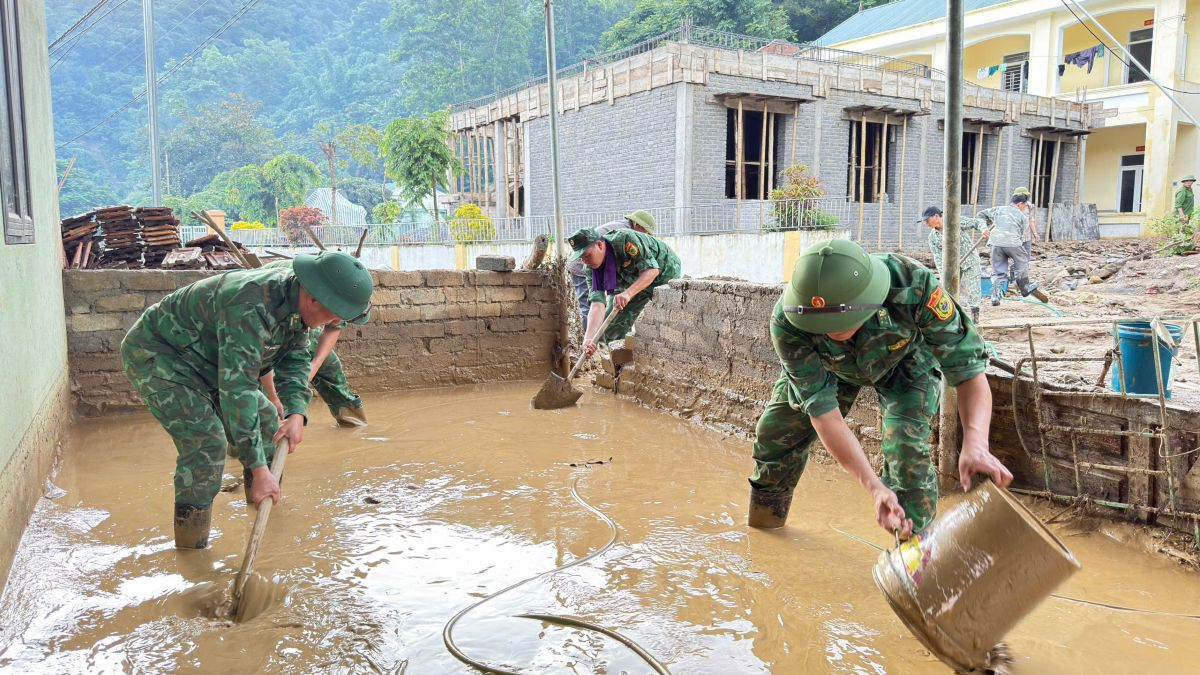

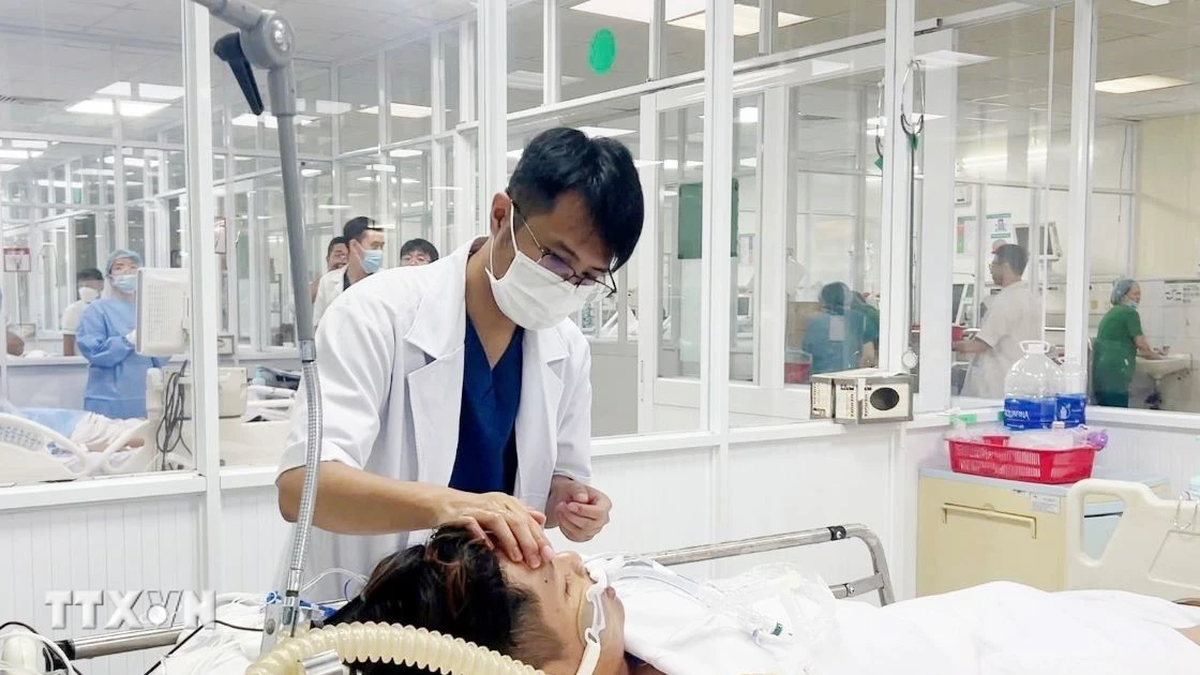
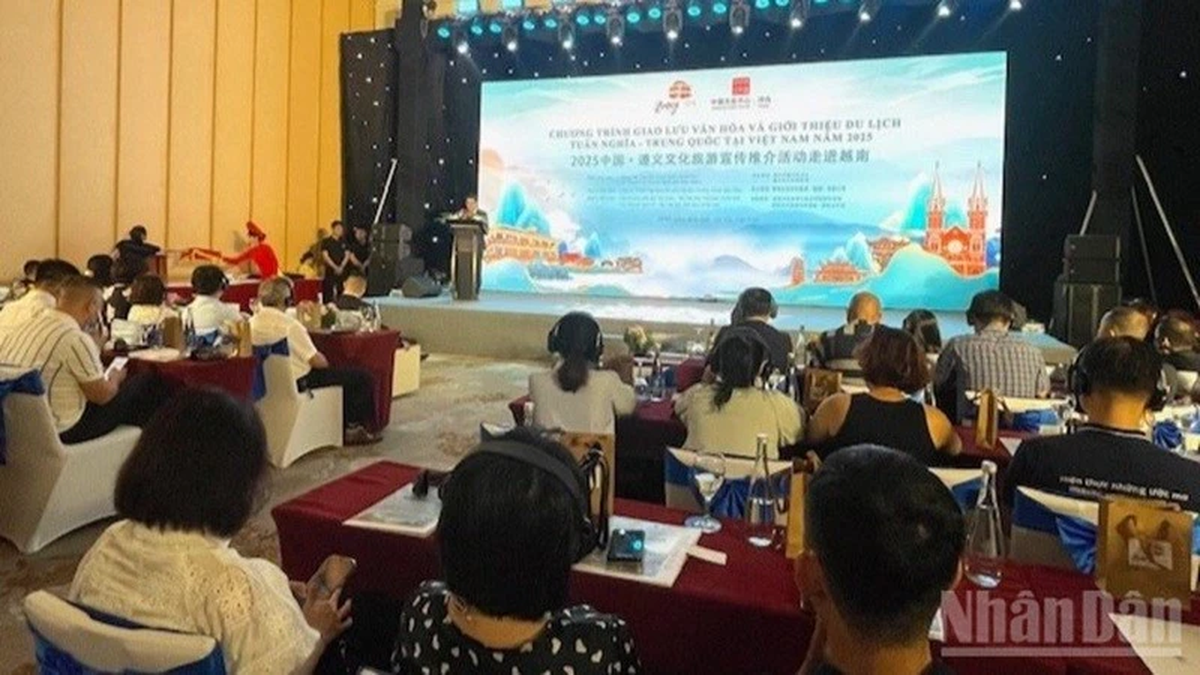
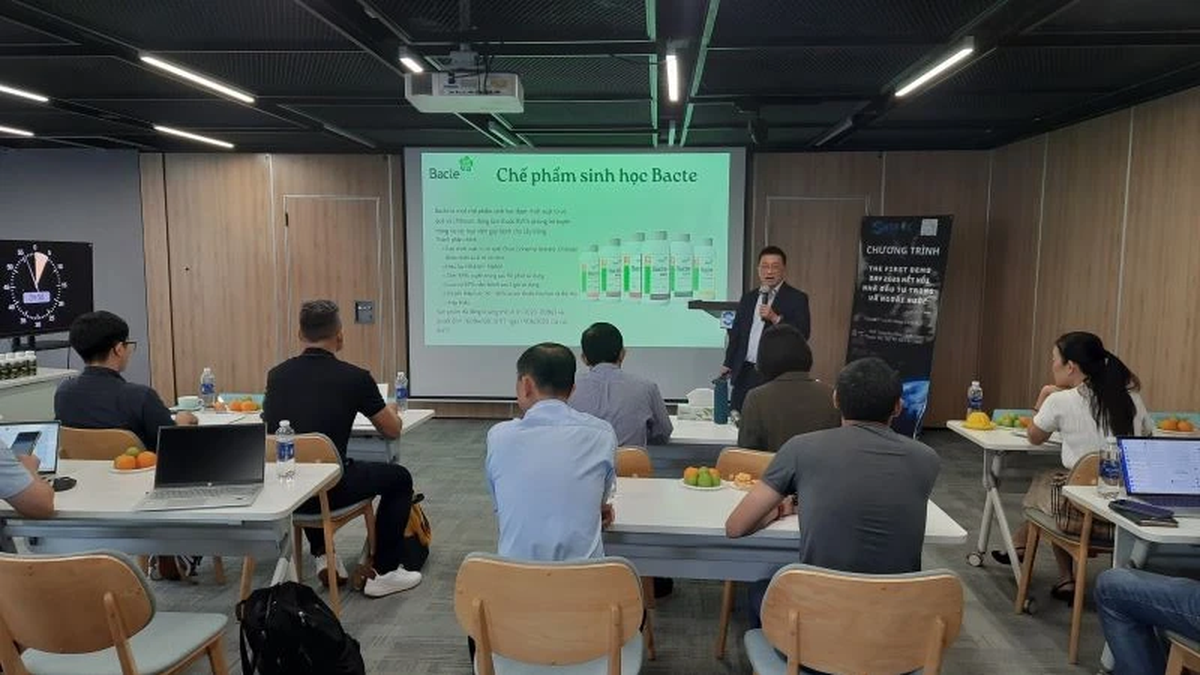
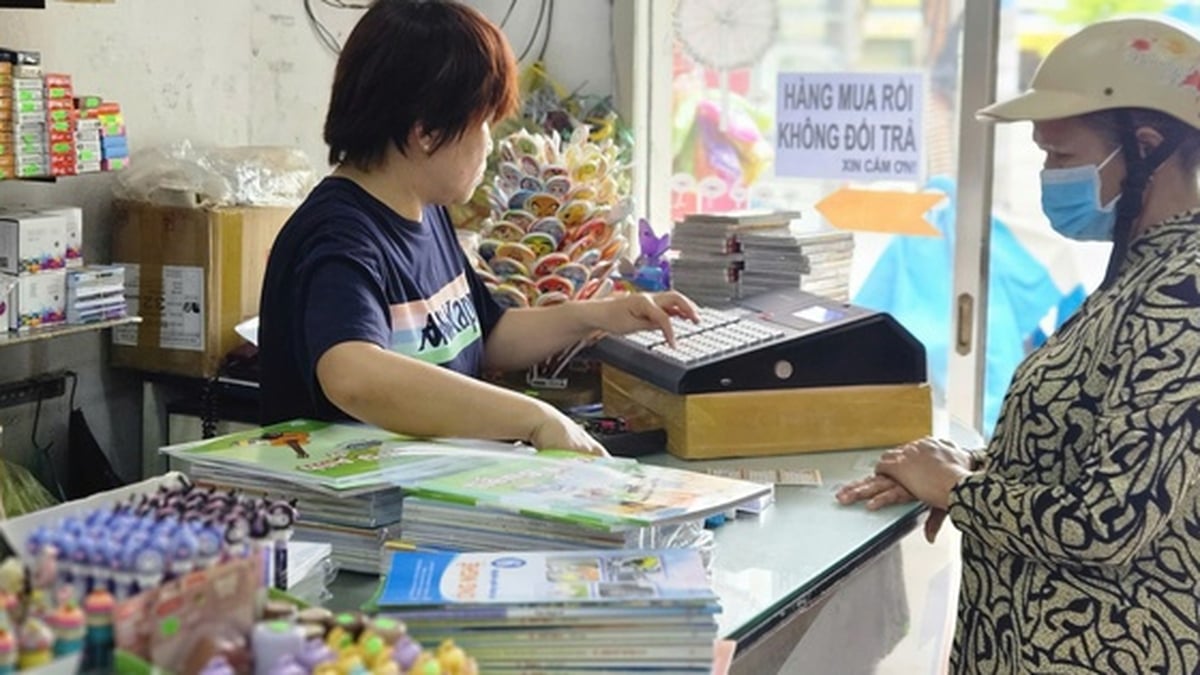

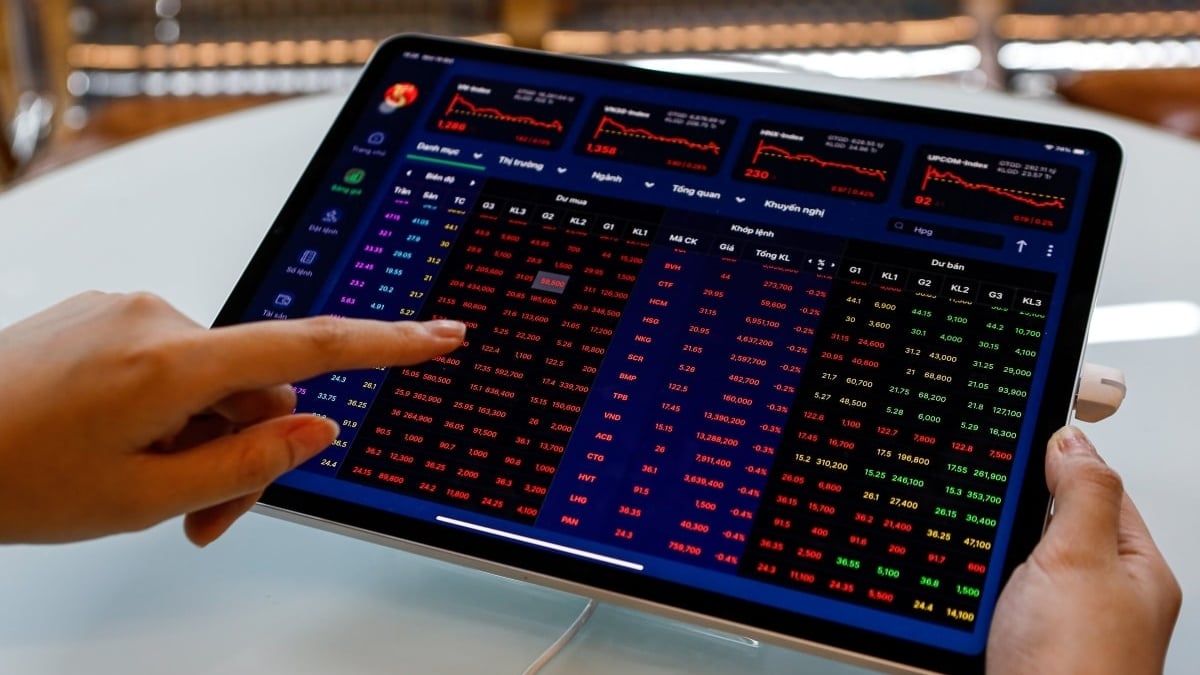













![[Photo] National Assembly Chairman attends the seminar "Building and operating an international financial center and recommendations for Vietnam"](https://vphoto.vietnam.vn/thumb/1200x675/vietnam/resource/IMAGE/2025/7/28/76393436936e457db31ec84433289f72)




































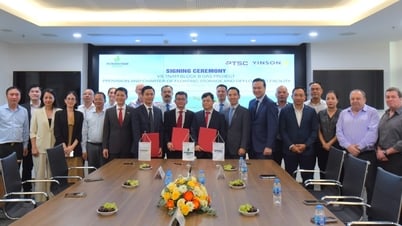

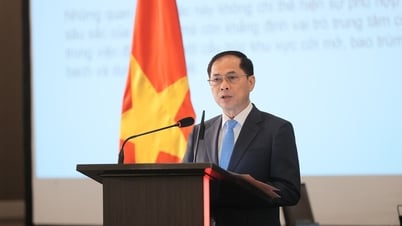


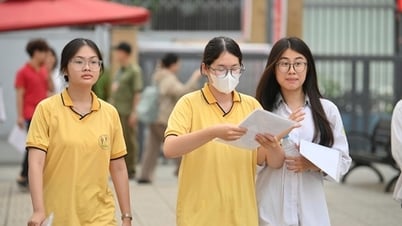

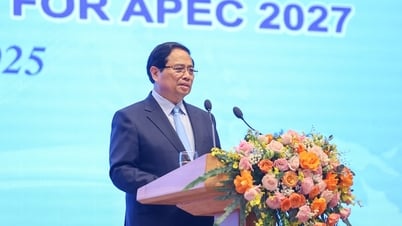


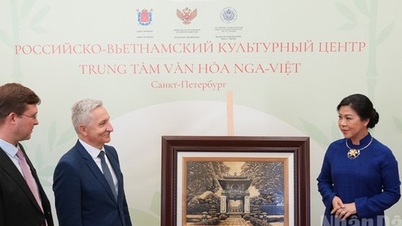

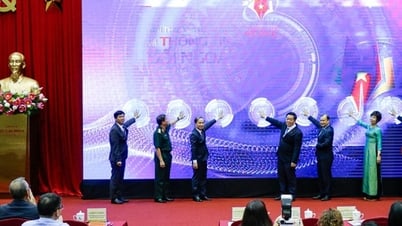
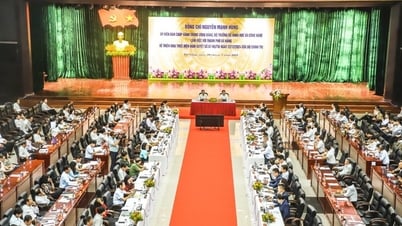
























Comment (0)